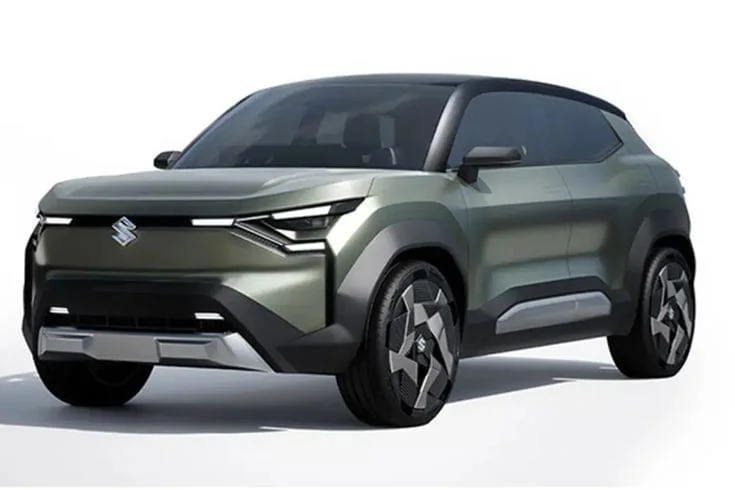Maruti Suzuki to Launch 6 New Electric Vehicles by FY31, Chairman RC Bhargava Emphasizes Hybrid and EV Coexistence
New Delhi: Maruti Suzuki, India’s largest carmaker, is gearing up to launch its first-ever electric vehicle (EV) early next year, with plans to introduce a total of six EV models by FY31. This strategic move was highlighted by RC Bhargava, Chairman of Maruti Suzuki India, during the company’s annual general meeting. As the automotive giant expands its footprint in the auto industry, it is also reinforcing the importance of hybrid vehicles alongside EVs.
Bhargava assured shareholders that the company’s first EV model is set to go into production and sale within a few months. This model will also be exported to markets in Europe and Japan. While acknowledging that the adoption of electric cars may take time due to various challenges, Bhargava emphasized that all vehicles, including hybrids, must evolve to become cleaner and more environmentally friendly. “Electric vehicles are likely to be adopted gradually over the years as the multiple challenges facing the consumers are overcome. During this period, all other vehicles also need to become cleaner to reduce carbon emissions and other pollutants,” he stated.
Responding to a shareholder’s query about hybrid cars, particularly in light of comments from companies like Tata Motors and Mahindra, Bhargava clarified that hybrid vehicles are not in conflict with electric vehicles. “Hybrid cars are essential for reducing pollution and oil consumption in vehicles that are not fully electric. There is a vast market for every EV that meets customer requirements,” Bhargava added.
Maruti Suzuki is currently facing a minor delay in finalizing the site for a new plant with an annual production capacity of 10 lakh units. However, the upcoming plant in Kharkhoda, Haryana, remains on track and is expected to start production by 2025–26. This facility, with an investment of ₹18,000 crore, will be Maruti’s third plant in Haryana, further strengthening its motors production capacity.
At the Vibrant Gujarat Global Summit earlier this year, Suzuki Motor Corporation President Toshihiro Suzuki announced a ₹35,000 crore investment in a new manufacturing facility in Gujarat. This plant will also have a production capacity of 10 lakh units per annum, underscoring Maruti’s commitment to expanding its presence in the auto sector.
Bhargava also reiterated Maruti Suzuki’s belief in the importance of low-cost and small cars for India’s economic and social conditions. Despite a temporary dip in demand, he expressed confidence that the small car market would rebound within the next two years. “We firmly believe that low-cost and small cars are necessary in our economic and social conditions. A temporary setback in demand is not going to change our strategy. By FY25-26, we expect small car demand to revive,” he said.
Highlighting the company’s growth strategy, Bhargava outlined that Maruti Suzuki aims to reach a production capacity of approximately 4 million units within the next seven years. This expansion will include the launch of six new electric vehicles, alongside an increase in exports to 7.5-8 lakh units annually by FY30-31, up from an expected 3 lakh units this fiscal.
In addition to expanding its new car lineup, Maruti Suzuki is also enhancing its sales and service network in rural areas and small towns, ensuring that the benefits of Maruti service reach customers beyond the larger cities. Bhargava emphasized that India cannot rely solely on larger, more luxurious cars and that a diverse range of vehicles is essential to meet the nation’s transportation needs.
